The making of our King
As the nation prepares to celebrate the Coronation of King Charles III, we take a look at his life, his work and family, as well as the history that shaped his rule
His namesakes…
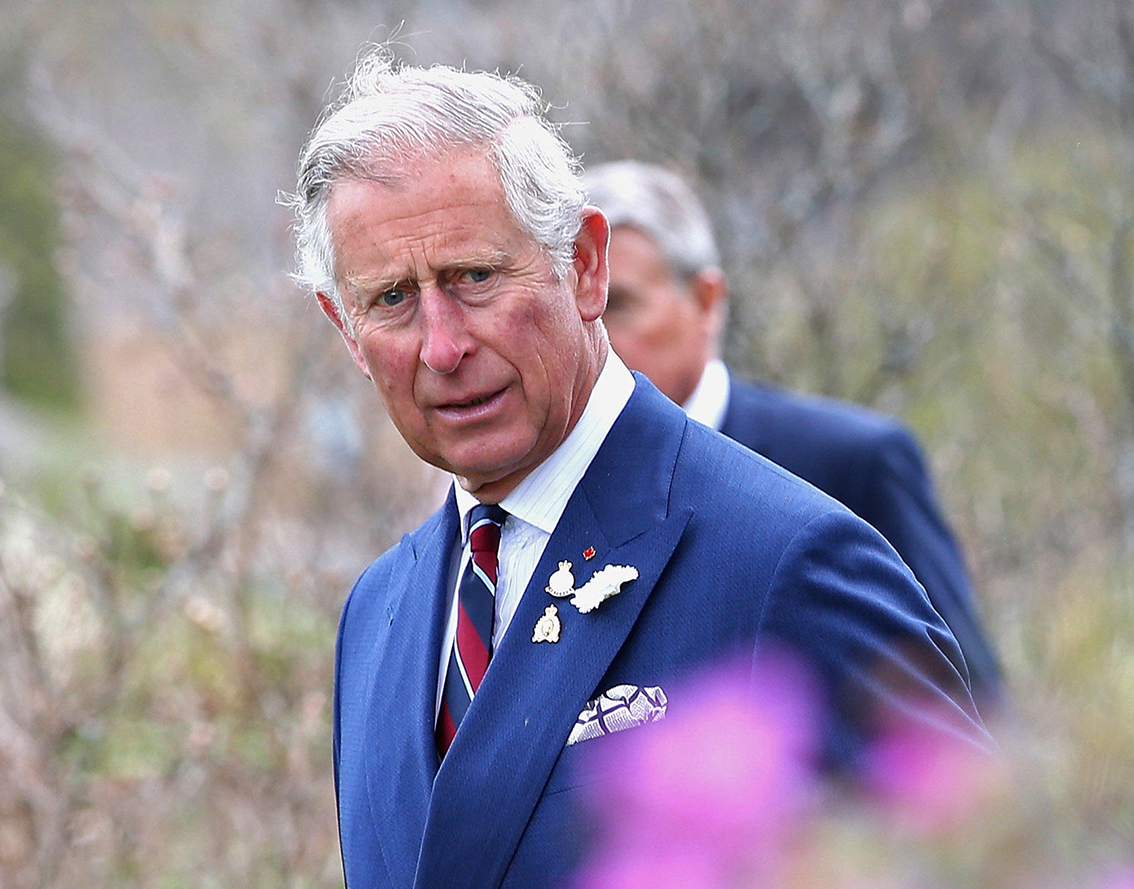
King Charles I was the second son of James VI of Scotland. He became heir apparent in 1612, following the death of his brother, Henry Frederick, Prince of Wales. King Charles I ruled from March 1625 until his execution in 1649. His belief in the divine right of kings made him unpopular with Parliament, who deemed him tyrannical. He dismissed Parliament several times and the constant unrest led to the English Civil Wars (1642-1651) – a series of battles between the Royalists and Roundheads (Parliamentarians). The first two wars ended with a Parliamentarian victory and Charles I was beheaded in January 1649. He is the only English king to have been executed for treason.
In 1660, the English monarchy was restored when Charles II was brought back to the UK from exile in Europe and crowned in 1661. Charles II’s lavish lifestyle earned him the nickname the Merry Monarch. With no legitimate children, his younger brother James II (James VII in Scotland) succeeded him after his is death in 1685.
The Prince of Wales
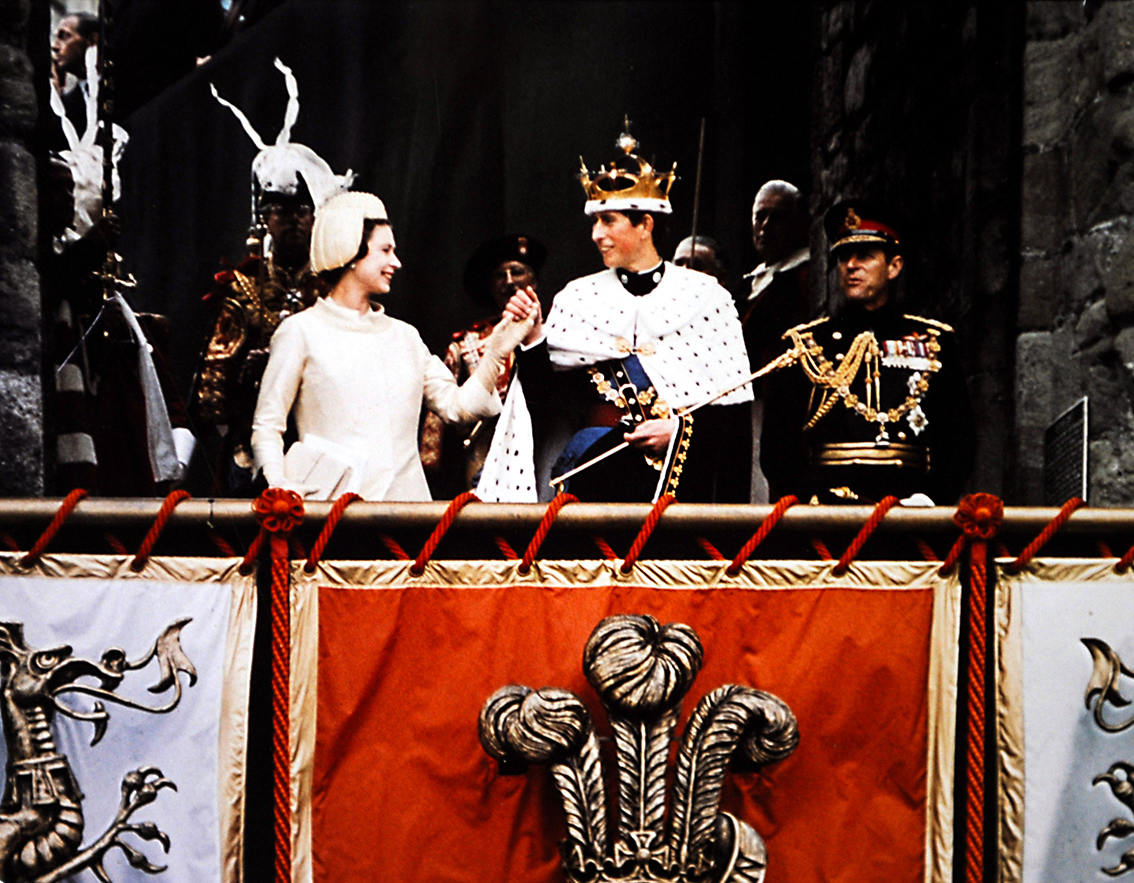
The investiture of Charles III as the Prince of Wales took place at Caernarfon Castle on 1 July 1969. He was 20 years old. Charles spent nine weeks learning Welsh at Aberystwyth University and was able to give a speech in both Welsh and English in which he pledged to associate with as much of the life of the principality as possible. There were 4,000 guests in the castle and around 90,000 people watching outside. The ceremony was broadcast live on TV with a UK audience of around 15 million and 500 million worldwide.
A military career
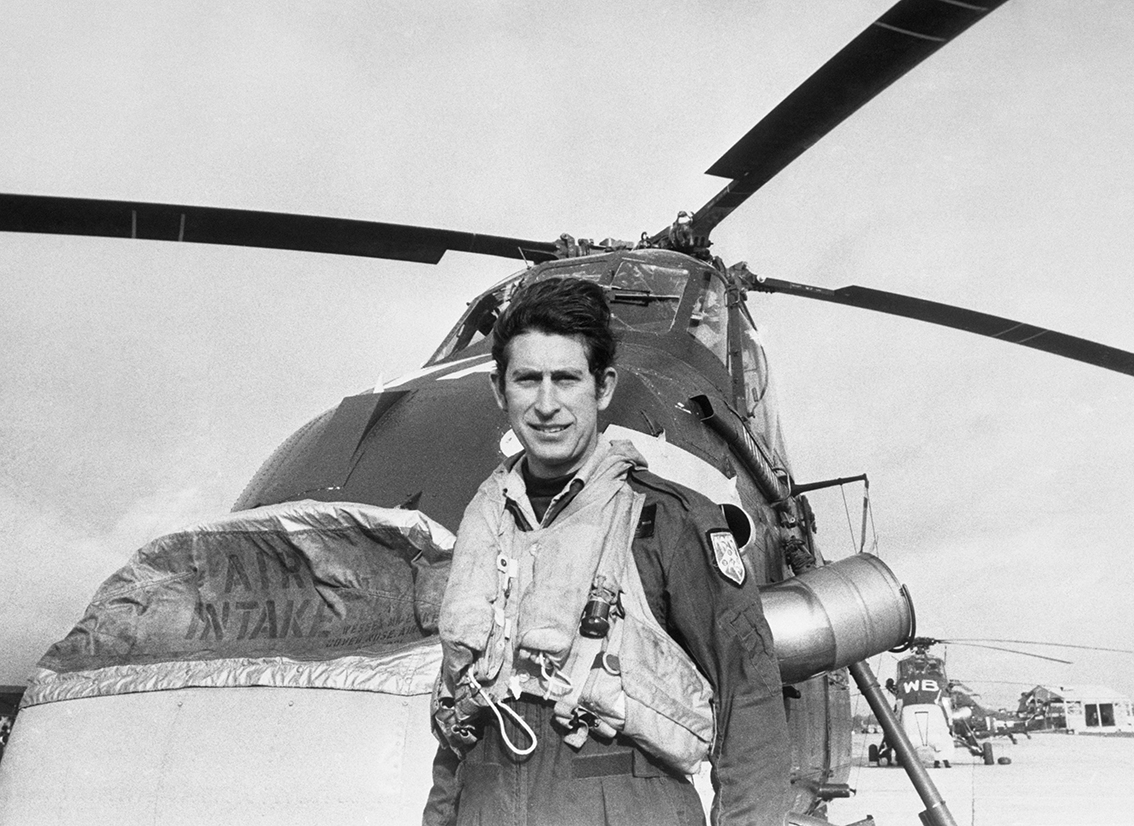
Shortly after his investiture, Charles followed in his father’s footsteps and joined the Royal Navy. In 1971, he headed to Cranwell in Lincolnshire to train as a Royal Air Force jet pilot, then enrolled at the Britannia Royal Naval College for a six-week course. His military service began on HMS Norfolk and he later served on HMS Minerva and HMS Jupiter. In 1974, he qualified as a helicopter pilot, and in 1976, he was given command of the minehunter, HMS Bronington, where he learnt to fly military aircraft. His active service ended in the same year, but Charles did parachute training in the late 70s and continued to pilot occasionally.
Charitable giving
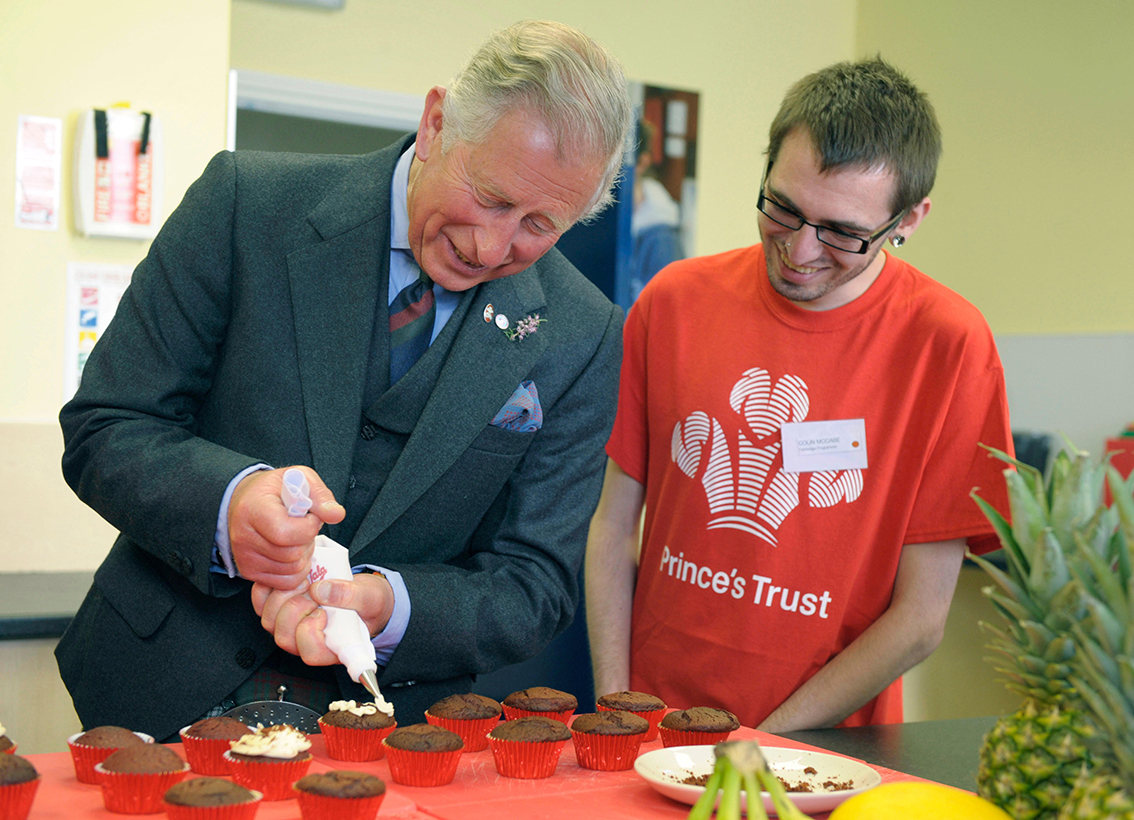
Using his severance pay from the Navy, Charles set up The Prince’s Trust, a non-profit supporting disadvantaged young people in the UK. To date, the Trust has helped more than one million young people with life skills, education and transition into work (princes-trust.org.uk). Today, King Charles III and The Queen Consort are president or patron of more than 500 organisations. Some of the charities have branches in Australia and Canada and he frequently tours these countries to help a plethora of worthy causes.
Sustainable living
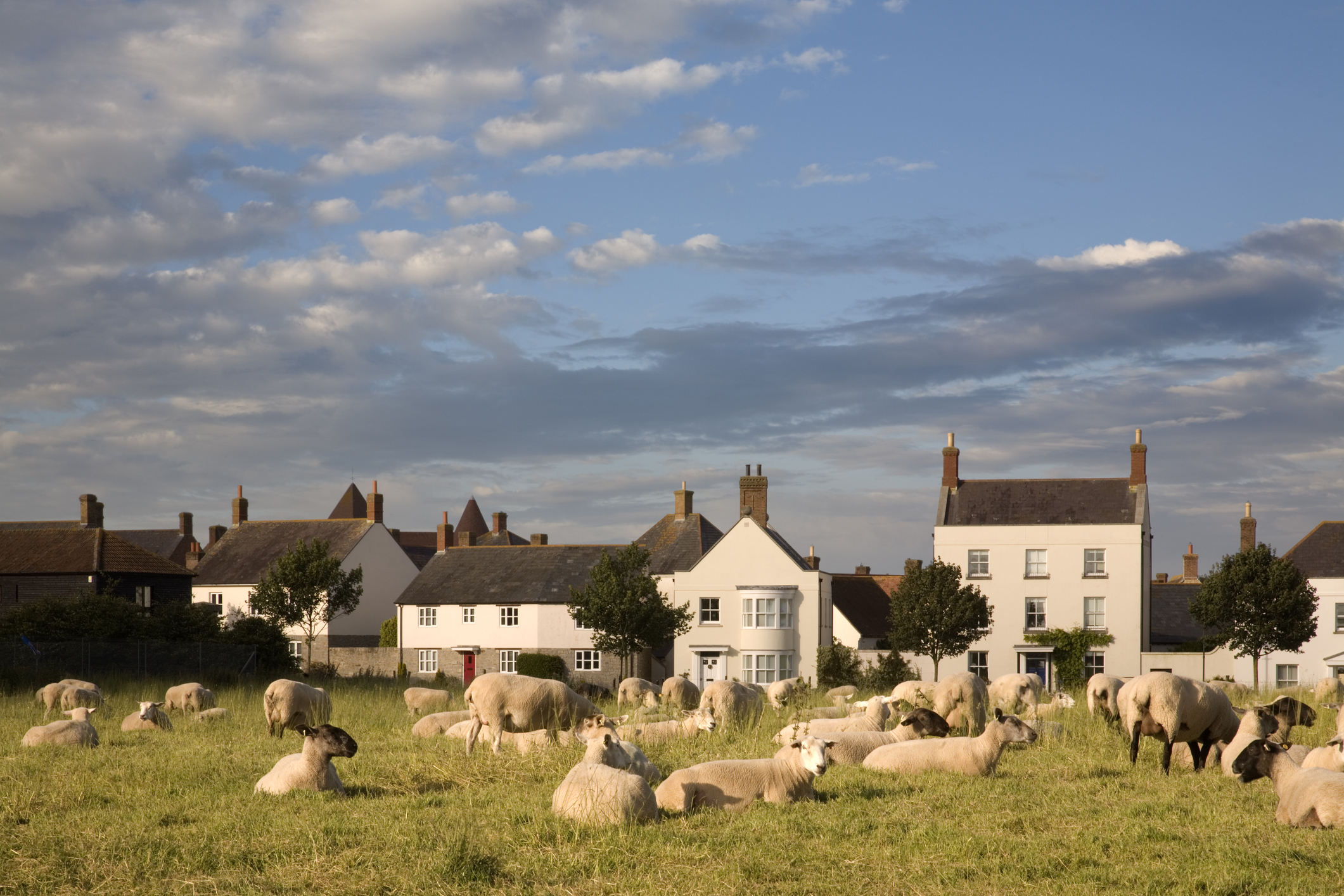
King Charles has strong views on architecture and in 1984, made headlines after a speech to the Royal Institute of British Architects in which he called the proposed extension to the National Gallery in London a “monstrous carbuncle on the face of a much-loved and elegant friend”. The scheme was dropped.
Passionate about sustainability and the environment, Charles designed the development of Poundbury in Dorchester, commissioning architects and planners to create his vision. He stuck to his beliefs despite endless criticism and the building work, begun in 1993, is scheduled for completion in 2026. Intended as a sustainable community and a pleasant place to live and work, Poundbury is home to more than 4,000 people and has created jobs for another 2,000.
Awards and recognition
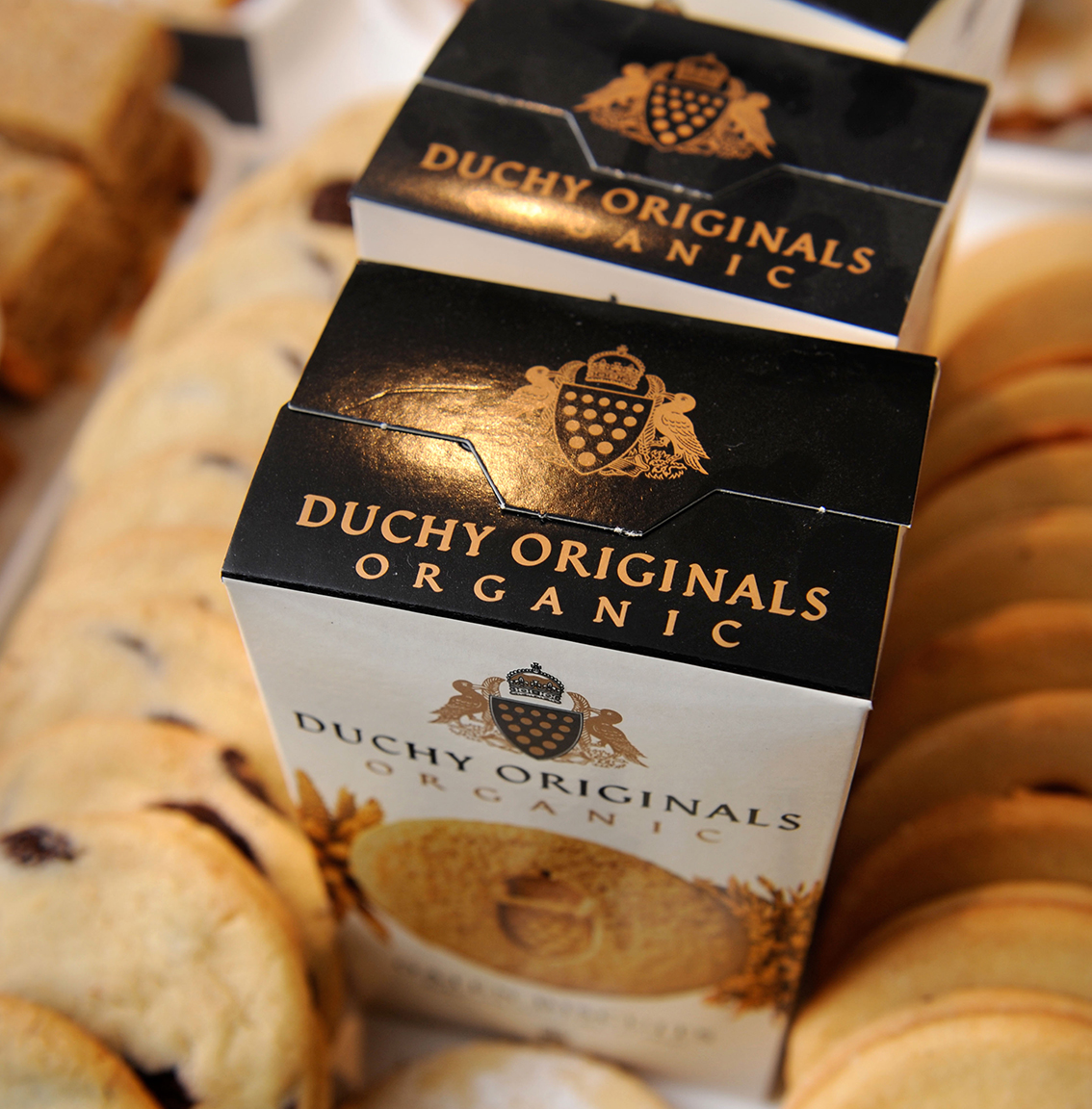
Climate control has been a cause for concern for King Charles from when he became Prince of Wales and was appointed chairman of the Welsh Countryside Committee. In the 1980s, he became interested in organic gardening, launching Duchy Originals, a brand of sustainably produced products, with profits going to his supported charities. Before becoming King, Charles received many awards from international organisations for his contributions to the environment, including organic farming, climate change, architecture, conservation and ecology, gardening and contemporary arts, and his lifetime achievement awards include the Rainforest Alliance Lifetime Achievement Award in 2008 and the Lifetime Achievement Award for Contributions to Farming by Farmers Weekly in 2020. In Glasgow in 2021, the then Prince of Wales was a figurehead at COP26 Climate Summit, delivering a powerful speech to world leaders and decision-makers on the environment and sustainability.
The Sportsman
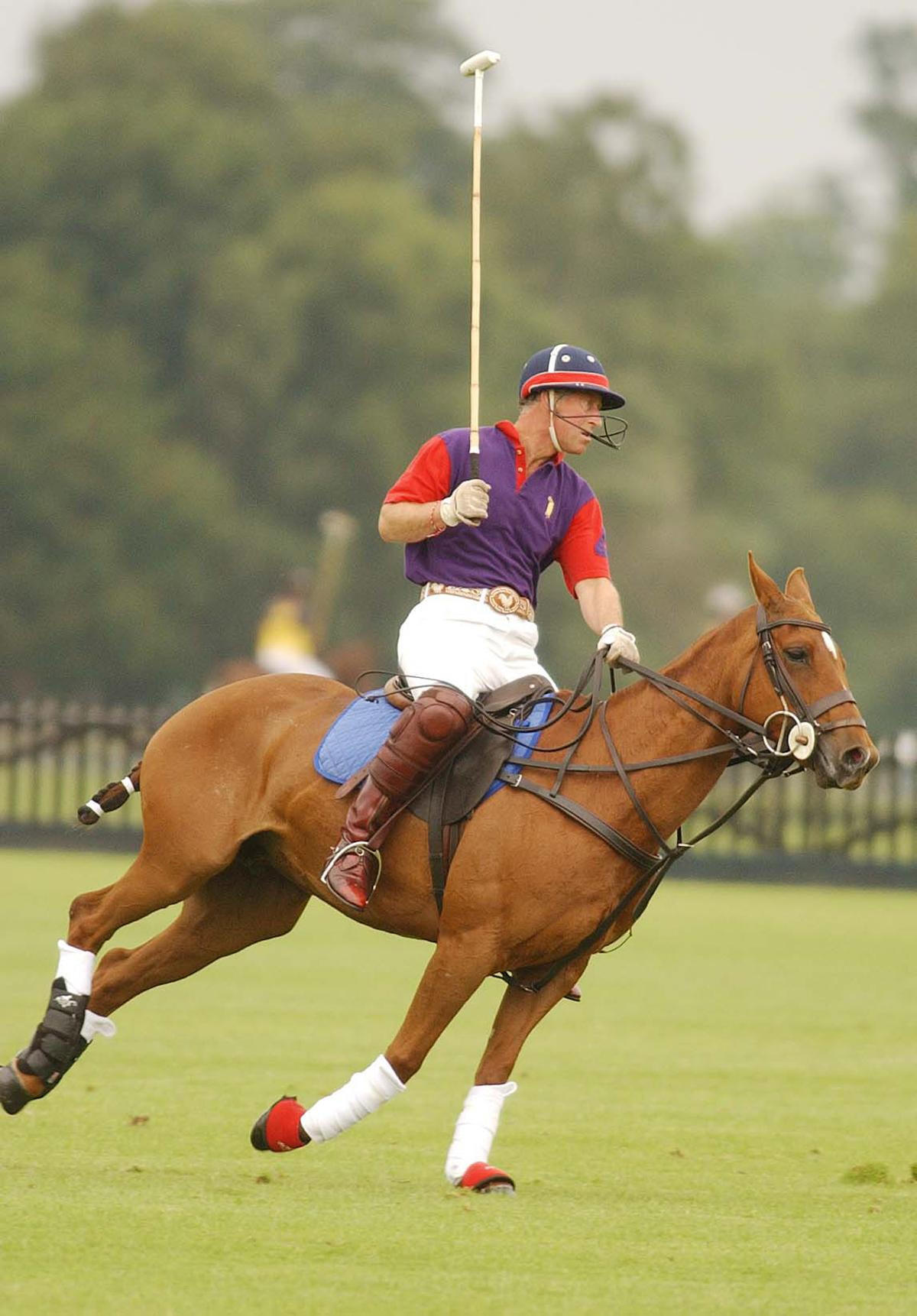
A lover of action sports, King Charles is an accomplished polo player, a game often considered synonymous with the Royal Family, and both his children share his passion for this fast-paced team sport. When he was younger, he enjoyed a variety of sports and hobbies, including skiing, rowing, scuba diving, surfing, sailing and horse racing. Nowadays, he enjoys fishing and walking, often trekking for miles, always ahead of the group, and for this reason he’s fondly referred to by The Queen Consort as a ‘mountain goat’.
Record-breaker
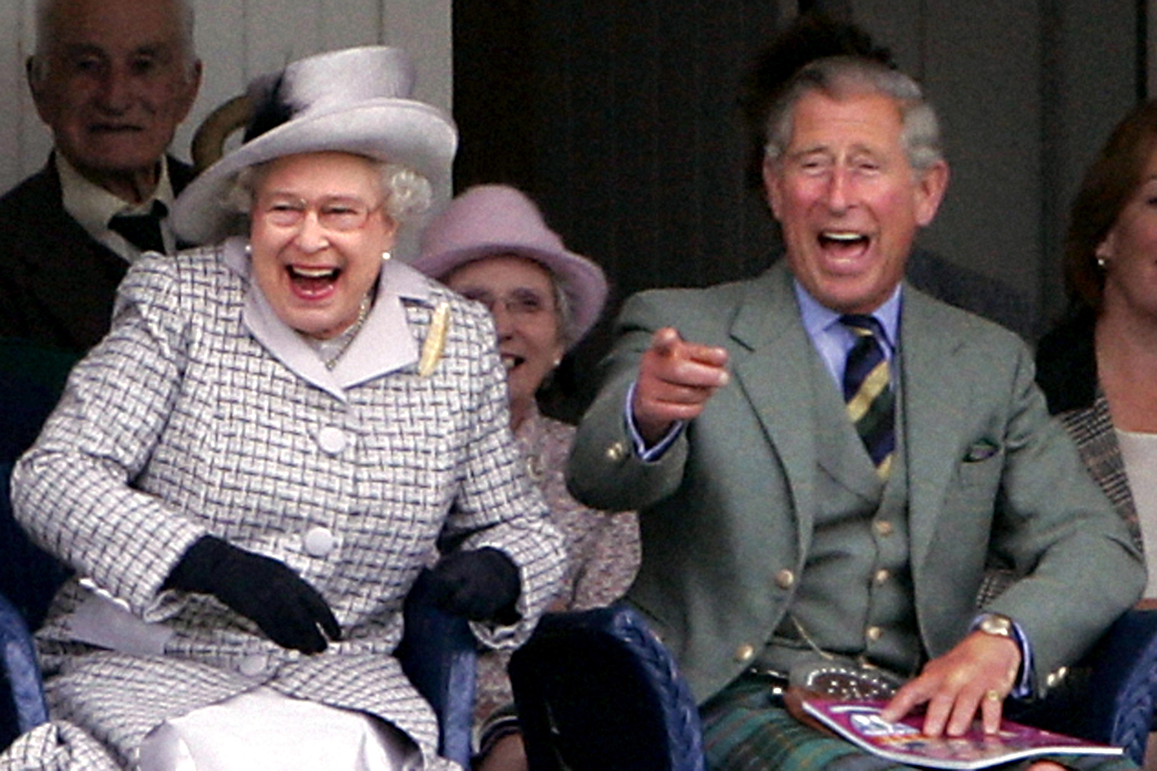
When Princess Elizabeth became Queen in 1952, Prince Charles became first in line to the throne at the age of three. He remained heir apparent for 70 years and 214 days before becoming King on the death of his mother. Charles took his role as heir apparent seriously, dedicating his time to making countless contributions for the good of the country.
Reshaping the monarchy
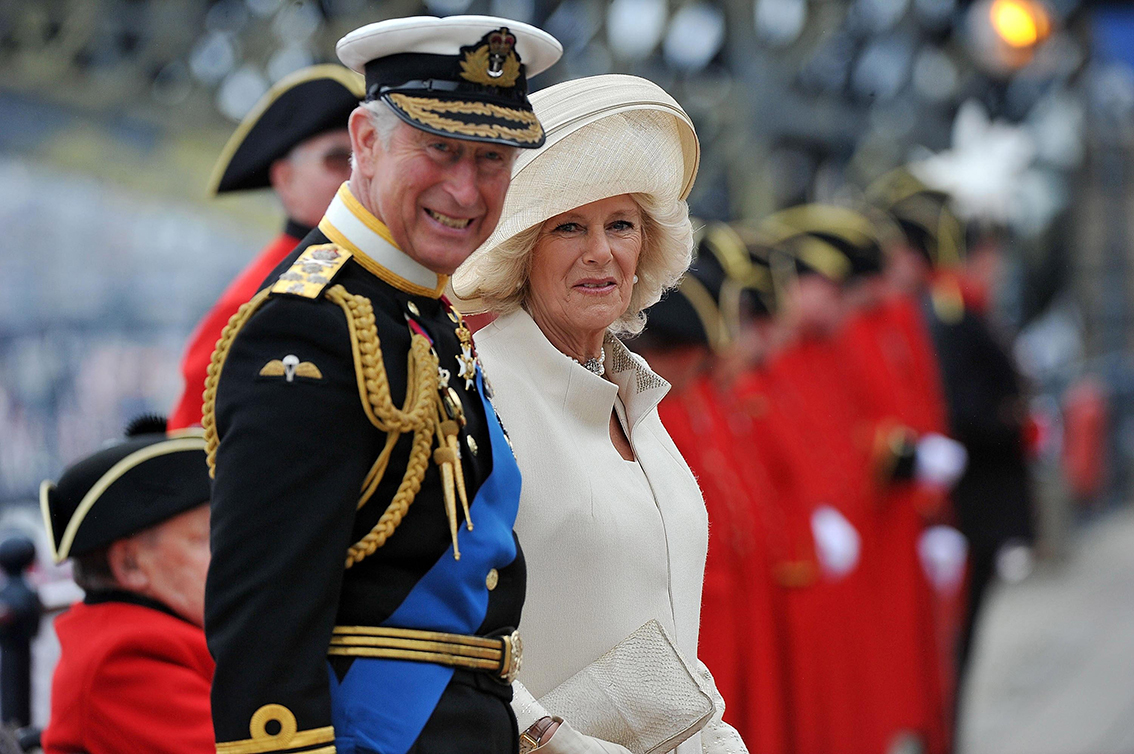
In recent years, Charles has intimated that he plans to restructure and ‘slim down’ the monarchy. This will result in fewer public roles for extended family members. The working royals who will feature prominently in his reign are The Queen Consort, Prince William and Kate, Prince Edward and Sophie, and Princess Anne. A streamlined royal family will ensure that taxpayers’ money will not be used to support non-working royals.
The King is also aware that many of the royal residences, including Buckingham Palace, Windsor Castle and Balmoral, are not fit for purpose as homes in the modern world and the costs of upkeep are unsustainable. It’s thought that he may decide to transform these grand private residences into public spaces for everyone to enjoy. In contrast to the late Queen, we suspect that King Charles will not want to be seen as an impartial figure on matters of importance and will be more vocal in expressing his own opinions on social
and environmental issues, specifically climate change and conservation.
Royal relationships
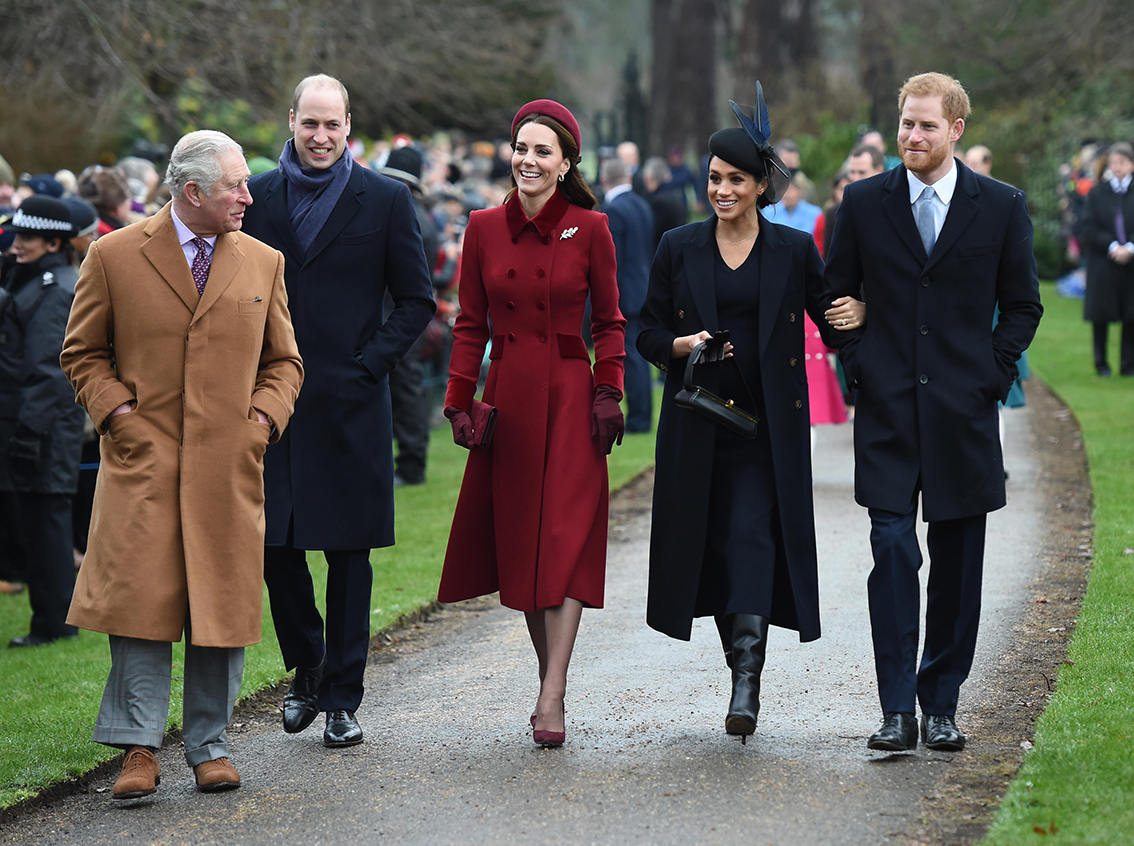
The past three years have been challenging for the new King. He’s suffered the loss of his parents, as well as having to contend with the fallout after his brother Andrew was disgraced. Another cause of sadness has been Harry and Meghan stepping away from their roles as senior royals. The release of Harry’s memoir, Spare, in January, only exacerbated the estranged relationship between father and son. However, Charles has the support of Camilla and a strong relationship with his siblings, especially Princess Anne. A doting grandfather, Charles has been said by Prince William to take his role as ‘Grandpa Wales’ very seriously.

Leave a Reply
Please login or register to leave a comment.